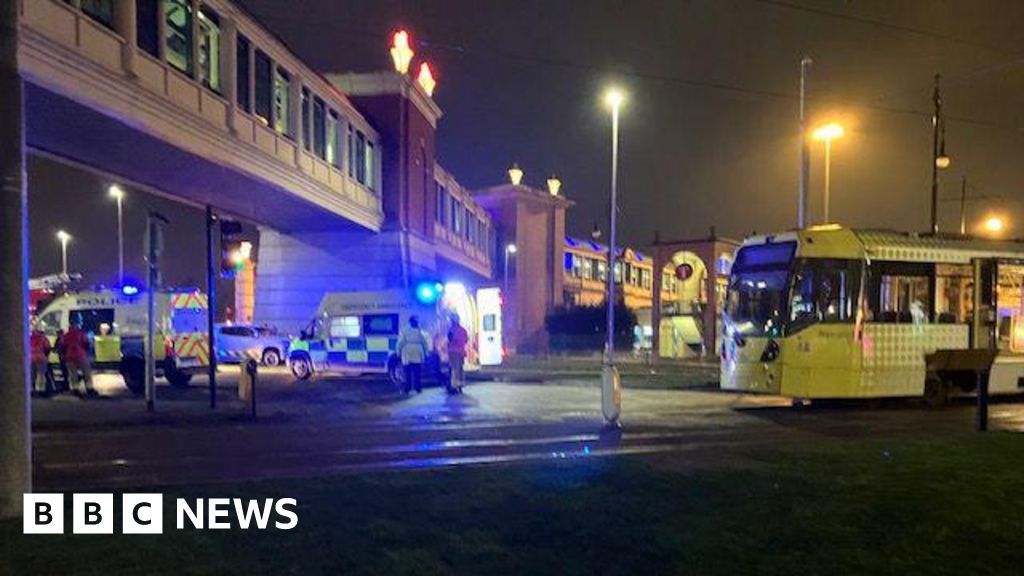Rail passengers on the East Coast main line face two months of disruption at weekends as drivers employed by Hull Trains walk out.
Members of the Aslef union employed by the operator will strike each Friday and Saturday from 7 March to 26 April – a total of 16 days of stoppages.
Normally Hull Trains would run 14 trains on Fridays and 12 on Saturdays, connecting its home city with London King’s Cross via Doncaster and Grantham.
Aslef says Hull Trains “unfairly sacked a train driver who raised a safety concern and has done nothing wrong”.
The union says all train drivers at the operator are Aslef members, and that they “voted overwhelmingly to take action in support of their colleague”.
Mick Whelan, Aslef’s general secretary, said: “The company’s failure to act responsibly has impacts not just for rail workers and passengers at Hull Trains but right across the wider rail industry.
“We have a culture on the railway designed to keep everyone safe. Anyone who works on the railway should be able to report a safety concern without fearing they will be penalised, punished, or lose their livelihood.”
The union’s full-time organiser in northeast England, Nigel Roebuck, said: “The company has got this completely wrong. It has ridden roughshod over the rule book, and all our agreements, and needs now to have a sensible rethink and do the right thing.”
The strike is likely to lead to the cancellation of most trains. Alternatives including LNER and Northern are available, but are likely to be busy as a result of the strikes.
Hull Trains is owned by FirstGroup, the rail and bus giant which also part-owns Avanti West Coast – where train managers are striking every Sunday until June.
FirstGroup also runs Great Western Railway and the Edinburgh-London open-access operator, Lumo.
The Independent has asked Hull Trains for a response. In 2022 the train operator said: “Hull Trains has historically had a good relationship with the trade unions.”
Train drivers belonging to Aslef and working for the rail firms controlled by the government ended two years of strikes over pay last summer.




